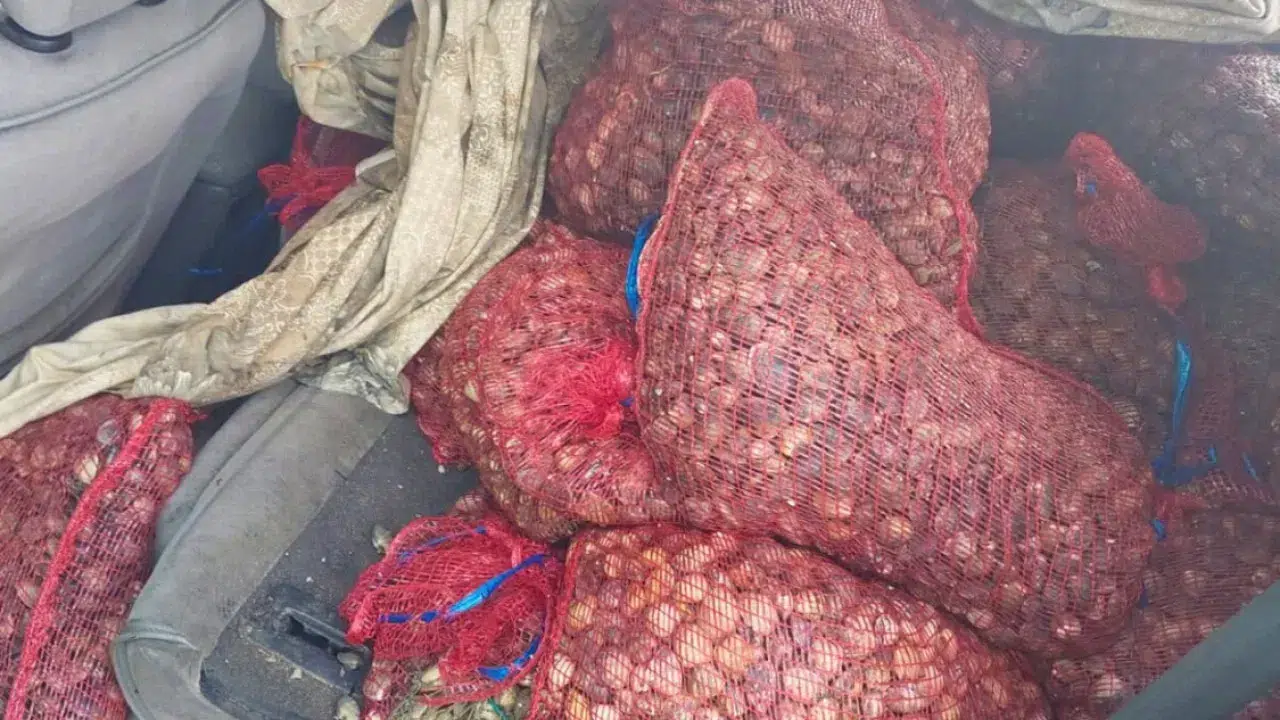
European police experts in environmental crimes supported an operation involving the Autoridade de Segurança Alimentar Económica (ASAE), the Maritime Police, and the Nature Protection Service of the Spanish Civil Guard. This operation took place on June 23 and 24 and July 30 at the border between Portugal and Spain.
The Europol reports that Japanese clams, which are typically distributed in Portugal, Spain, France, and Italy, pose “a serious risk” to consumer health.
This year alone, the sale of these mollusks has generated 1.6 million euros for the 11 individuals detained.
The value of over seven tons of Japanese clams seized in June and July is estimated at 150,000 euros.
The Europol note states, “The criminal ‘modus operandi’ is simple: illicitly caught clams are stored and kept alive in water containers to be later introduced into the legal market. For this purpose, criminals use fake documentation, thus avoiding any administrative or sanitary inspection measures.”
Authorities believe that this activity is linked to human trafficking, with the gatherers, “often irregular immigrants,” earning between one euro and one and a half euros per kilogram fished.
The crime’s proceeds are laundered “in various ways,” including “the purchase and resale of luxury vehicles.”
During the operation, seven vehicles were seized.
Europol indicates, “Suspects may face charges of environmental crime, money laundering, document fraud, as well as food and human health fraud.”
The investigation began in April this year after the Civil Guard seized a shipment of 235 kilograms of clams and shared the information with Europol.
Consumption of contaminated clams can cause food poisoning, gastroenteritis, and hepatitis.




